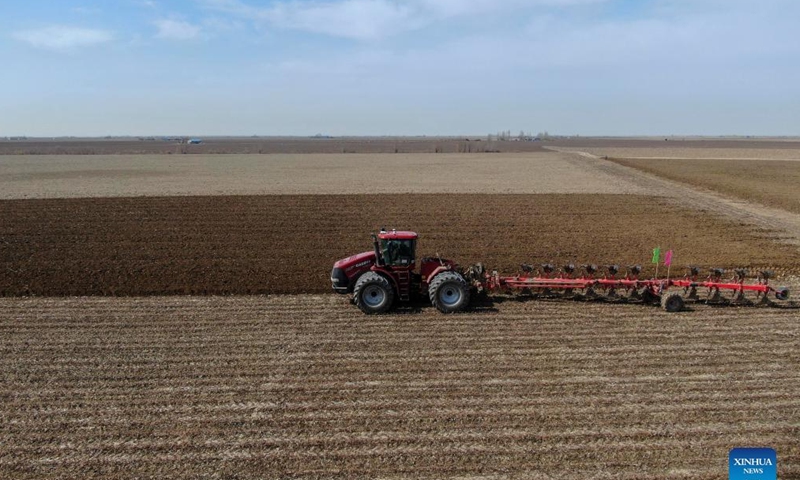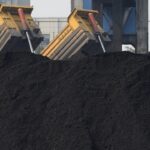A Chinese expert on Tuesday slammed a US attempt to block normal commercial loans from the World Bank to several Chinese companies based on lies about “human rights abuses” in Northwest China’s Xinjiang Uygur Autonomous Region, saying the move is just another crackdown on Chinese businesses.
The US Congressional-Executive Commission on China (CECC) released a letter on Monday to World Bank President David Malpass expressing concerns about its International Finance Corp (IFC) loans to four Chinese companies that were alleged to be engaged in human rights abuses in Xinjiang.
“We urge the IFC to share any evidence contradicting reports connecting these companies to forced labor, land expropriation, discrimination, and environmental and cultural destruction, and to immediately cease investments in companies engaged in operations in Xinjiang,” the letter read.
There are four Chinese firms named in the letter: Jointown Pharmaceutical Group, Century Sunshine Group Holdings, Chenguang Biotech Group and Camel Group.
A Camel Group representative told the Global Times on Tuesday that the company has business operations in Xinjiang but she was not clear about the US accusations at this time.
Camel was found to have a high likelihood of engaging in discriminatory hiring practices, and the IFC relied on assurances made by Camel that it would promote the hiring of ethnic minority residents in Xinjiang, according to the CECC letter.
The finance department of Chenguang Biotech told the Global Times on Monday that it was not aware of the US accusations.
Jointown Pharmaceutical and Century Sunshine could not be reached as of press time.
“There is no doubt that the US is seeking another excuse to smear China and crack down on Chinese firms,” He Wenping, a senior research fellow with the Chinese Academy of Social Sciences, told the Global Times on Tuesday.
“The US has spared no efforts in hyping topics around Xinjiang, and now it has extended its attention to the financial sector by blocking normal commercial loans from an international organization to Chinese firms,” He noted.
The US, citing concerns over “human rights” or “surveillance of minorities” in Xinjiang, have been imposing sanctions on Chinese companies and thus harming the region’s industrial and economic development. Such moves have been repeatedly criticized and refuted by Chinese authorities and businesses.
So-called “forced labor” and “genocide” in Xinjiang are the lies of the century, China’s Foreign Ministry spokesperson Zhao Lijian said previously, lambasting the US’ abuse of its entity list to crack down on Xinjiang on the basis of lies as a violation of global trade rules and market economy regulations.
The US, under the guise of human rights, appears willing to go to any length to continue a clampdown on industrial development in Xinjiang, ranging from cotton to the photovoltaic industry and from agriculture to manufacturing, to the detriment of Xinjiang people’s right to development, Zhao said.
Aerial photo shows a tractor ploughing a cotton field in Shawan City, northwest China’s Xinjiang Uygur Autonomous Region, April 2, 2022. Spring farming has started in northern Xinjiang. In 2022, local authorities will strive to achieve a mechanization level of 85.7 percent for all crops in Xinjiang. Photo: Xinhua




